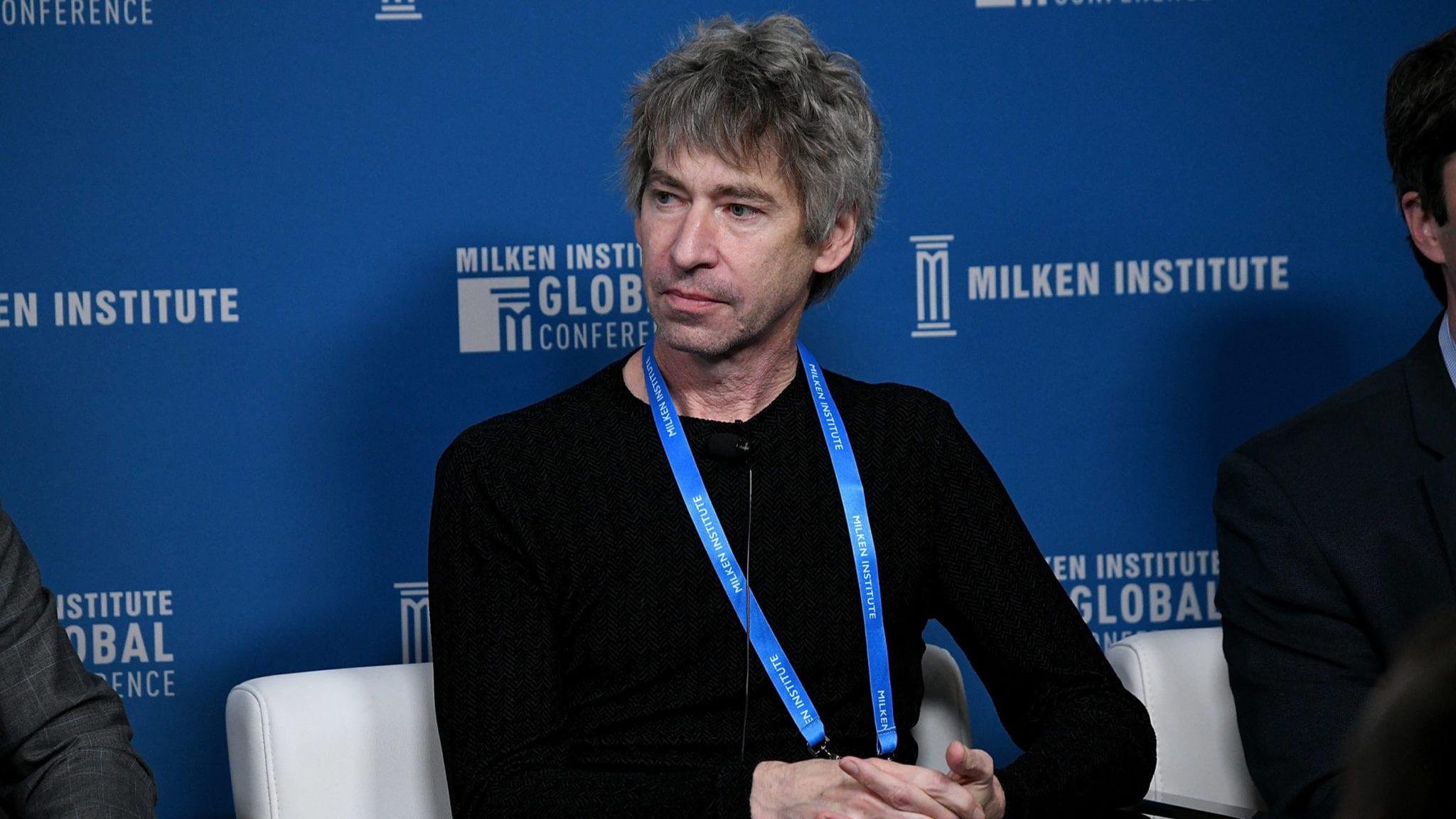
Bob Nelsen (Michael Kovac/Getty Images)
ARCH announces largest fund yet, raising $1.85B to back mental health, cell and gene editing approaches
Nearly a year ago, as the pandemic encroached and the stock market cratered, Flagship and ARCH Venture announced three mega-funds worth a combined …
Sign up to read this article for free.
Get free access to a limited number of articles, plus choose newsletters to get straight to your inbox.